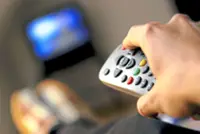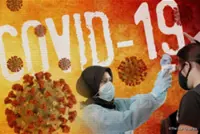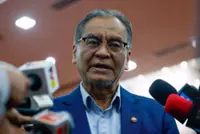THE movement control order (MCO) announced by the Prime Minister on March 16 is perhaps the first such order that I have known since my own childhood days in Sarawak.
I was a small child back then but I remember being told that there was a dusk-to-dawn curfew in place for a short time and that we were not to go out of the house. The sound of soldiers patrolling the streets still remain with me to this day but being a child, worries about food and all the essentials of life didn't occur to me at the time.





